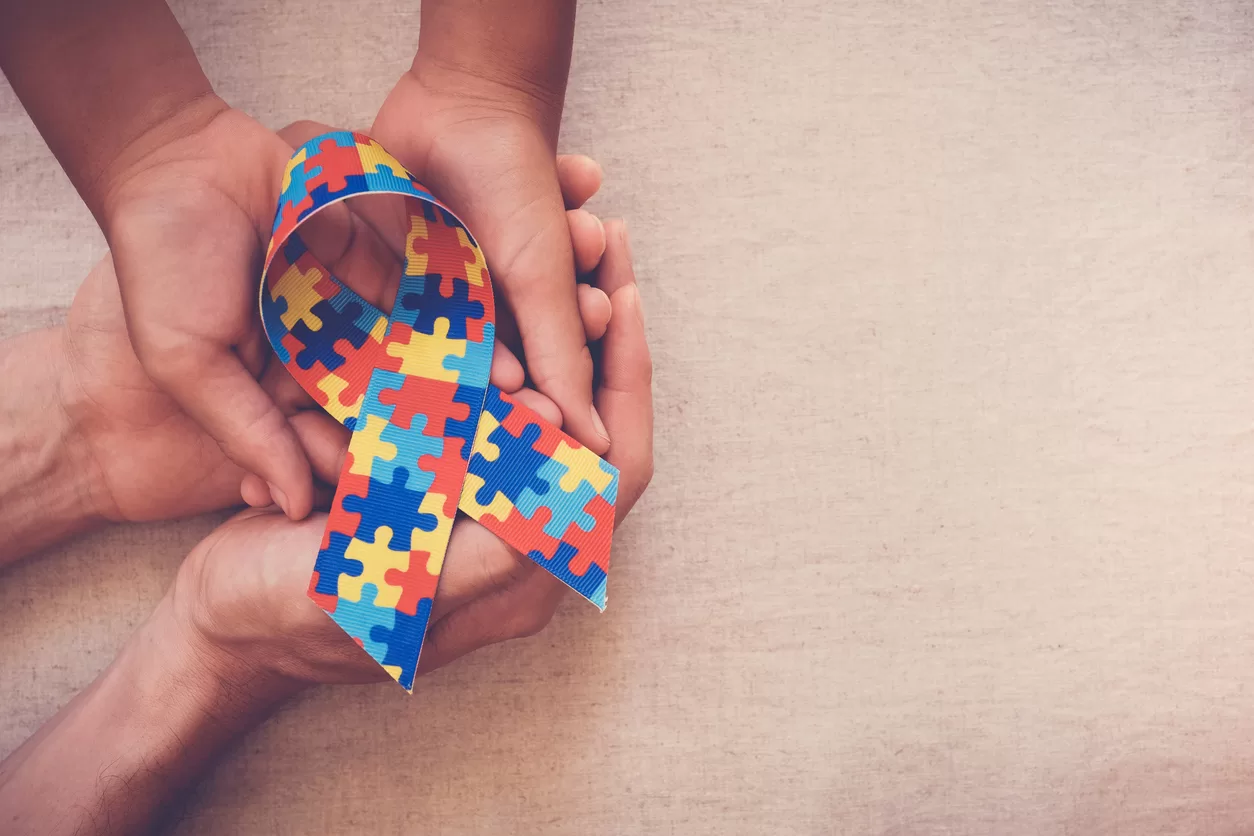
How can higher education institutions provide effective resources and support to students with autism spectrum disorder?
According to the National Autistic Society, autism spectrum disorder (ASD), commonly known as autism, is “a lifelong developmental disability which affects how people communicate and interact with the world”.
The way autism presents itself differs according to the individual, both in the range of symptoms and their severity.
For example, a person with autism may struggle to read the emotions of others, get overwhelmed with bright lights and loud noises, get anxious in unfamiliar scenarios or repeat certain actions.
The World Health Organisation estimates that around one in 270 people has ASD, while acknowledging that other studies have reported figures that are “substantially higher”.
In the UK, the Office for National Statistics reports that in the academic year 2018-19, the number of higher education students with a social or communication impairment was 12,130, or 0.6%.
Accessing current data on the number of higher education students in the US with autism is challenging, however a 2011 study estimated that “between 0.7% and 1.9% of college students could meet criteria”.
While the experiences of students with autism vary, one report by the University of Tasmania in Australia found that “many students with ASD find the higher education learning environment to be ‘unpredictable, illogical, noisy and populated with people who communicate unclearly and are unreliable’”.
It’s crucial that every effort is made by institutions to reduce the barriers students with autism face and provide them with the support they need.
Transitioning to a new environment
One of the key challenges facing students with autism is the “sheer shock of moving to university”, given that students are likely to be living away from home for the first time and in an unfamiliar and triggering environment.
Ensuring the student is fully supported during this adjustment period, with the help of a disability support officer or transitional program that takes place before teaching begins, is crucial to creating a positive experience early on.
According to the National Autistic Society, some of the most important steps an institution can take in this transition period include calling the student ahead of arrival to discuss their needs and concerns, having clear access information on the website and prospectus and establishing contact with the student’s current school for further guidance on the individual’s needs.
For those with autism, environment may have a critical role to play in the management of their disability, which requires universities to invest in a safe space on campus for the individual to visit as well as suitable student accommodation.
Education
While some individuals with autism may perform well at intellectual tasks, others may find themselves “struggling to meet deadlines and performing below their potential”.
According to a study by the Journal of Autism and Developmental Disorders, “information processing speed, time management, group work, presentations, motivation to study, following lectures and asking questions can all be significant challenges”.
However, the study also mentioned the many strengths of autistic individuals that can be applied to academia, including “proficient memory skills, a focus on details, original and creative thoughts, passionate interests, the desire to acquire accurate knowledge and adherence to rules when clear structure is provided”.
As a result of the coronavirus crisis, online learning has become an additional challenge for higher education students with autism to overcome.
For some, online learning has the potential to “reduce challenges and stressors present in face-to-face delivery”, yet for others it can be an overwhelming experience that results in reduced engagement.
During the recent rapid shift to online learning, higher education students with autism have reported “concerns with online conferencing, including the ‘high degree of multi-tasking involved’, such as the simultaneous use of video, audio and whiteboard”.
It’s critical that academic staff understand the individual needs of their students and adjust their work accordingly, both during the coronavirus crisis and after it has subsided.
Adjustments may include providing assessment extensions, flexible arrival times to lectures and additional learning resources.
Socialising
According to one in-depth study into the experiences of students with autism at US colleges, “social difficulties were identified as a central need across stakeholders, highlighting the importance of approaches to facilitate age-appropriate social interaction, without the help of parents or teachers”.
Mentors, usually experienced university students, are a great source of support when an autistic individual requires guidance in social situations or when navigating typical university life.
For further guidance on how your university can improve the experiences of disabled staff and students, please download our full report: How higher education institutions can support their disabled staff and students report.



